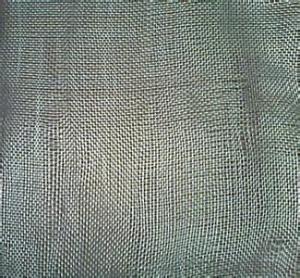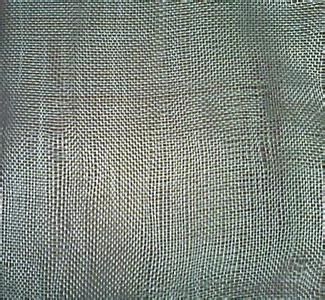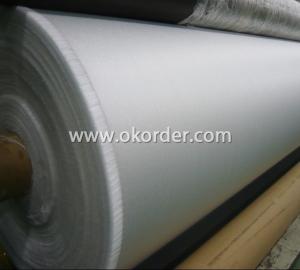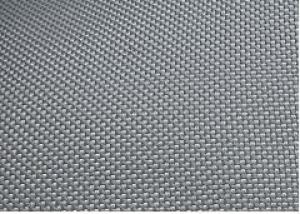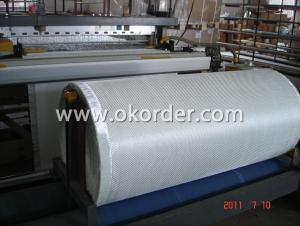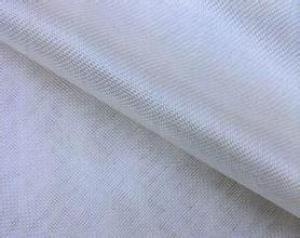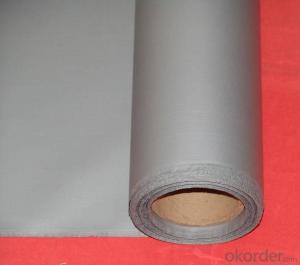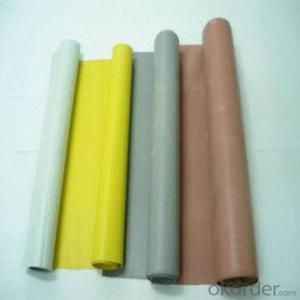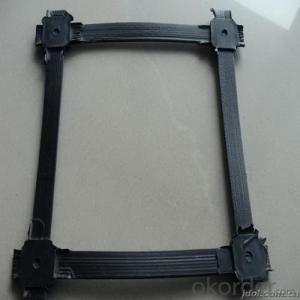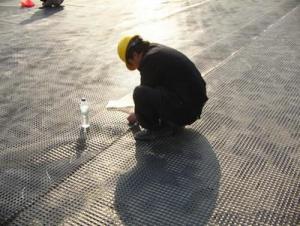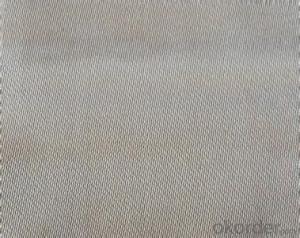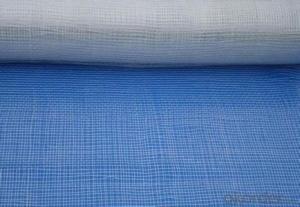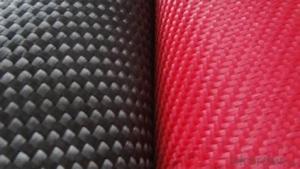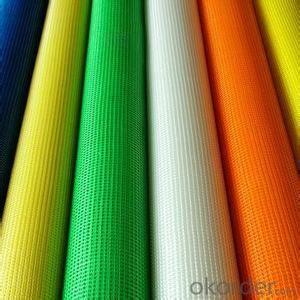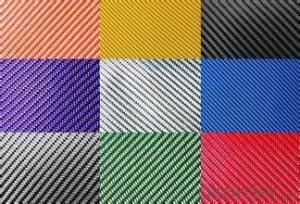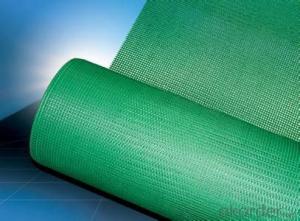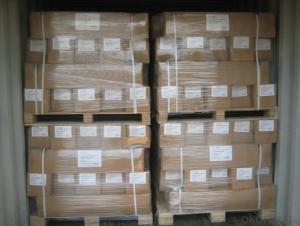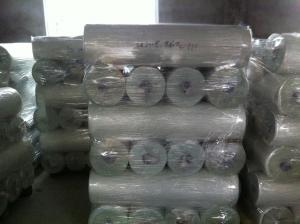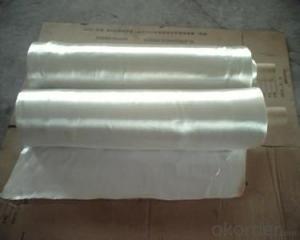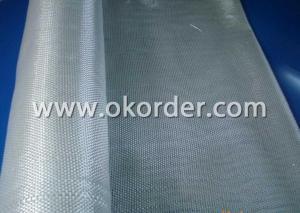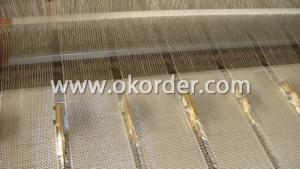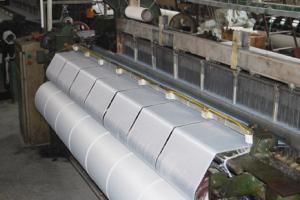Silicone Fiberglass Fabric - High Silica Cloth
- Loading Port:
- China Main Port
- Payment Terms:
- TT OR LC
- Min Order Qty:
- -
- Supply Capability:
- -
OKorder Service Pledge
OKorder Financial Service
You Might Also Like
Fiberglass silica cloth
all models are available
1. fireproof, the fire-protection rate can be achieved between B1 to A2.
2. insulation, thermal insulation, glass fiber characteristics. It has high insulation and heat-perseveration functions, which can make the indoor temperature keep constant, can greatly reduce energy loss.
3.High tensile strength.
4. waterproof, water and steam impermeable.
5. aging- resistant, the life time is very long.
6. high temperature proof. do not become deformed under the temp of 500 c.
Color can be silver, red, black and so on. According to customers' request!
Silicone is a good coating, which can make the fiberglass cloth more soft, higher tensile strengh, better fireproof.
Silica cloth is high temperature fabric used for a wide range of insulation and protection applications in industry, excellent heat resistance.
Silica cloth is a special fiberglass cloth which contains more than 96% silicon dioxide, loss on Ignition less than 10%, it can withstand continuous temperatures of 1000 D.C. for long periods of time, and instantaneous temperatures of up to 1600 D.C. The product has been used extensively in the replacement of asbestos.
Silica fabric is primarily used in hot work such as welding and burning operations. It is useful for high temperature thermal and electrical insulation in severe application environments.
- Q: Is fiberglass fabric resistant to chemicals in water treatment facilities?
- Generally, chemicals found in water treatment facilities do not harm fiberglass fabric. Fiberglass is well-known for its ability to resist chemicals, meaning it can endure exposure to different substances without deteriorating or losing its structural integrity. This quality makes it perfect for use in water treatment facilities, where chemicals are crucial for disinfection, pH adjustment, and other treatment processes. Fiberglass fabric is capable of withstanding the corrosive effects of chlorine, acids, alkalis, and other commonly used chemicals in water treatment facilities. Moreover, fiberglass is non-reactive, which means it does not react with or contaminate the water being treated. This reliability and durability make fiberglass an excellent choice for water treatment applications.
- Q: Are fiberglass fabrics suitable for use in the telecommunications industry?
- Fiberglass fabrics are indeed suitable for utilization in the telecommunications sector. They possess various advantages that render them perfect for this industry. Firstly, their strength and durability are well-known, enabling them to endure severe environmental conditions such as extreme temperatures, moisture, and UV exposure. Consequently, the telecommunications equipment, including antennas and cables, remains safeguarded and functions optimally over a prolonged duration. Moreover, fiberglass fabrics exhibit outstanding electrical insulation properties. This is of utmost importance in the telecommunications field as it prevents interference and signal loss, ensuring the transmission of clear and dependable signals. Furthermore, these fabrics possess a low dielectric constant and loss tangent, which further aids in minimizing signal attenuation. Additionally, fiberglass fabrics are lightweight and flexible, facilitating easy handling and installation. This proves particularly advantageous in the telecommunications industry, allowing for efficient and cost-effective equipment and infrastructure installation. Furthermore, their remarkable resistance to chemicals, corrosion, and fire makes fiberglass fabrics exceedingly reliable and secure for use in telecommunications equipment. This resistance guarantees the equipment's durability and reliability, thereby reducing maintenance and replacement expenses. In conclusion, the combination of high strength, durability, electrical insulation properties, lightweight nature, and resistance to chemicals and fire makes fiberglass fabrics highly appropriate for the telecommunications industry. They offer the necessary protection, reliability, and performance required for efficient and effective telecommunications operations.
- Q: How to use silica gel cloth and glue?
- The former is nylon, glass fiber and other materials on the coating of liquid silicone rubber, and its bonding can be used at room temperature, slow dry glue
- Q: What is the typical lifespan of fiberglass fabrics?
- The typical lifespan of fiberglass fabrics can vary depending on several factors such as the quality of the fabric, the environment it is used in, and the level of maintenance and care provided. Generally, fiberglass fabrics are known for their durability and longevity, and they can last anywhere from 10 to 30 years or even longer with proper care. Fiberglass fabrics are commonly used in applications such as insulation, construction, and the manufacturing of boats, automobiles, and aircraft. In these industries, the fabrics are often exposed to harsh conditions, extreme temperatures, and chemical exposure. Despite these challenges, fiberglass fabrics can maintain their structural integrity and performance for a significant amount of time. However, it is important to note that certain factors can affect the lifespan of fiberglass fabrics. Over time, exposure to UV radiation can cause the fabric to degrade and lose its strength. Additionally, improper handling, excessive abrasion, and lack of maintenance can also shorten the lifespan of fiberglass fabrics. To maximize the lifespan of fiberglass fabrics, regular inspections, cleaning, and maintenance are recommended. This includes keeping the fabric clean, avoiding excessive abrasion or impact, and promptly repairing any damages or tears. Additionally, applying protective coatings or treatments can provide an extra layer of protection against UV radiation and chemical exposure. In conclusion, the typical lifespan of fiberglass fabrics can range from 10 to 30 years or longer, depending on various factors. With proper care and maintenance, fiberglass fabrics can offer durability and performance for a significant amount of time, making them a reliable choice for various industrial and commercial applications.
- Q: How does fiberglass fabric perform in saltwater environments?
- Fiberglass fabric typically performs well in saltwater environments due to its inherent resistance to corrosion and degradation caused by saltwater. It is a durable and long-lasting material that can withstand the harsh conditions of saltwater, making it suitable for various marine applications such as boat construction, underwater structures, and offshore equipment.
- Q: Is fiberglass fabric suitable for making car covers?
- Yes, fiberglass fabric is suitable for making car covers. Fiberglass fabric is a popular choice for car covers because it offers several advantages. Firstly, fiberglass fabric is highly durable and can withstand harsh weather conditions, including rain, snow, and UV rays from the sun. This ensures that the car remains protected and prevents any damage to the paint or interior. Additionally, fiberglass fabric is lightweight and easy to handle, making it convenient for covering and uncovering the car. It is also resistant to mildew and mold, which is crucial for maintaining the car's cleanliness and preventing any unwanted odors. Furthermore, fiberglass fabric is breathable, allowing moisture to escape and preventing the formation of condensation on the car's surface. Overall, fiberglass fabric is a reliable and effective choice for making car covers, providing excellent protection and ensuring the longevity of the vehicle.
- Q: What is the width range of fiberglass fabric?
- The width range of fiberglass fabric typically varies from 1 inch to 120 inches, depending on the specific requirements and applications.
- Q: Can fiberglass fabric be used for insulation in chemical plants?
- Yes, fiberglass fabric can be used for insulation in chemical plants. Fiberglass is known for its excellent thermal insulation properties and resistance to high temperatures, making it a suitable material for insulating pipes, tanks, and equipment in chemical plants. Additionally, fiberglass fabric is also resistant to chemical corrosion and can withstand exposure to various chemicals commonly found in these plants, making it a reliable choice for insulation purposes.
- Q: Is fiberglass fabric resistant to chemicals used in automotive industry?
- Yes, fiberglass fabric is generally resistant to the chemicals used in the automotive industry. It is known for its high chemical resistance, making it a suitable material for various automotive applications where exposure to chemicals is common.
- Q: What is the moisture resistance of fiberglass fabric?
- Fiberglass fabric has high moisture resistance due to its inherent non-absorbent nature and the hydrophobic properties of the fiberglass material.
Send your message to us
Silicone Fiberglass Fabric - High Silica Cloth
- Loading Port:
- China Main Port
- Payment Terms:
- TT OR LC
- Min Order Qty:
- -
- Supply Capability:
- -
OKorder Service Pledge
OKorder Financial Service
Similar products
Hot products
Hot Searches
Related keywords
